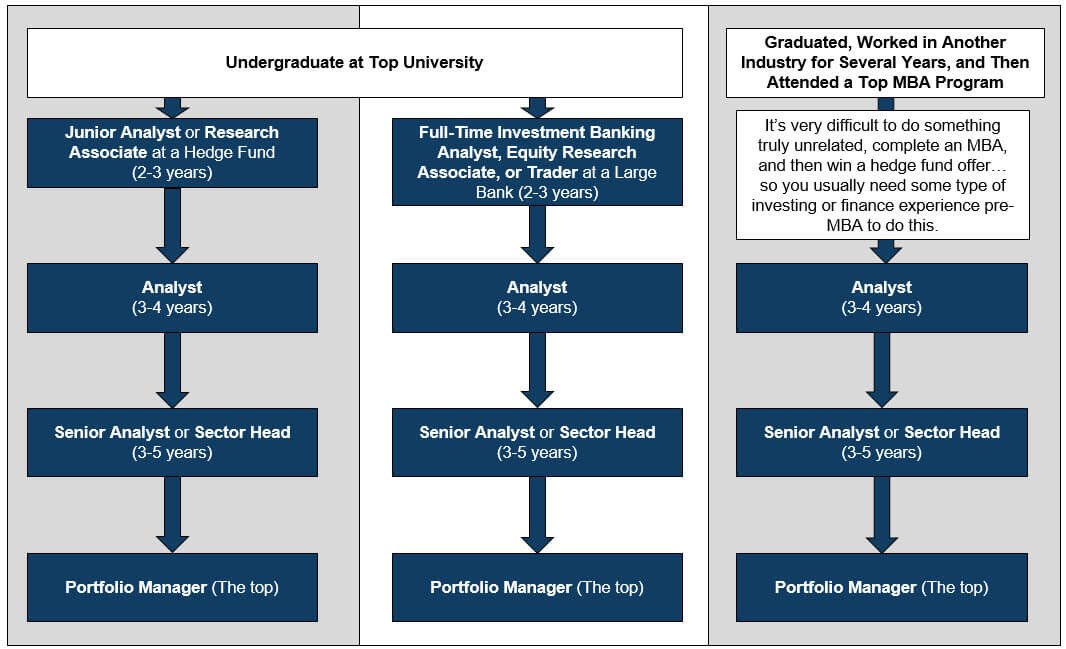Managing finances is something no person would ever be able to avoid. Technically, you may think that money management is for late adulthood. However, it is essential to instill good money management habits from the get-go.
An important thing about financial management is that its importance scales up as you age. This means that the ways in which you were to save up on your spending would differ drastically if you are in your early twenties or in your late sixties. Managing your personal finances becomes crucial and a Finance Career can help develop this managerial skill.
A New Age Banking Course provides all the education on self-financing. That’s why we have carefully curated these best financial practices for every stage in your career.
Money Management in your career:
Early-stage in your career:
The early stage in your career helps you lay the foundation of your life. It is seen that money management usually takes the back seat in this stage as people are driven by their wants. A good financial management practice would instigate you being driven by your needs instead of your wants.
 Instilling the habit of saving up funds for emergencies or for the future while curbing on your ‘wants’ has proven to be a tried and tested strategy for financial management. If you are deciding on buying something expensive, try to think if you would use that product even 3-5 years from that time to check if it is a necessity or a luxury.
Instilling the habit of saving up funds for emergencies or for the future while curbing on your ‘wants’ has proven to be a tried and tested strategy for financial management. If you are deciding on buying something expensive, try to think if you would use that product even 3-5 years from that time to check if it is a necessity or a luxury.
Reaching the happy middle point:
You typically would be in your late thirties when you would reach the midpoint in your career, and chances are you would be making a lot more money than when you had just started earning. However, your liabilities would also most certainly grow. You probably would be married and would have children to look after, marking the end of your carefree days. In such times finding yourself in financial peril is not uncommon.
We believe with rigorous routines and disciplined spending, you would be able to avoid all the hardships that life would throw at you. You should maybe expand your savings to cover a good chunk of time in case anything happens with your source of income. You should also try to have no mortgages, loans, etc., by the end of your forties. Along with your income from job, you should have a side investment pool like passive incomes that can help you sustain.
Also, starting a retirement fund would be a great decision at this stage.
Late career:
Typically, you would be in your fifties and considering your future options during the late-career stage, you could choose early retirement, or you could work even after retirement. You would probably be undecided at this stage. However, one certainty should be that you should have a surplus amount saved by now.
 You should also have life insurance and other things in place to help your future generations as much as possible. At this point, one should also strive for financial independence. Even when you retire, you should have enough funds to see you comfortably to the end.
You should also have life insurance and other things in place to help your future generations as much as possible. At this point, one should also strive for financial independence. Even when you retire, you should have enough funds to see you comfortably to the end.
Conclusion:
Life is very uncertain. There will be some really amazing days and some not so good ones. While it is important to have fun, it is equally important to have monetary discipline. Ask someone with a Finance Career for help or check out a New Age Banking Course for personal financial development.




 Try to be extremely careful with your expenses. If you absolutely need money, try using other funds (something that is non-essential) first before taking a drastic step of actually taking out a loan.
Try to be extremely careful with your expenses. If you absolutely need money, try using other funds (something that is non-essential) first before taking a drastic step of actually taking out a loan.